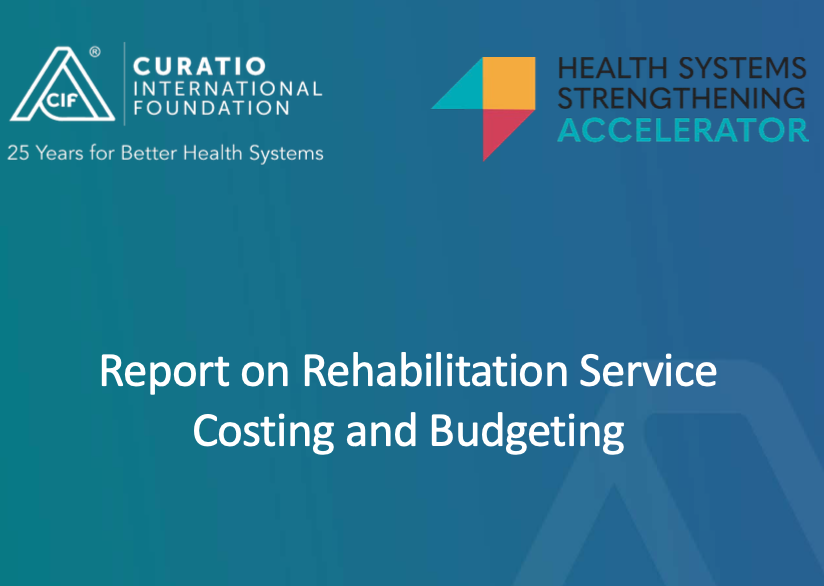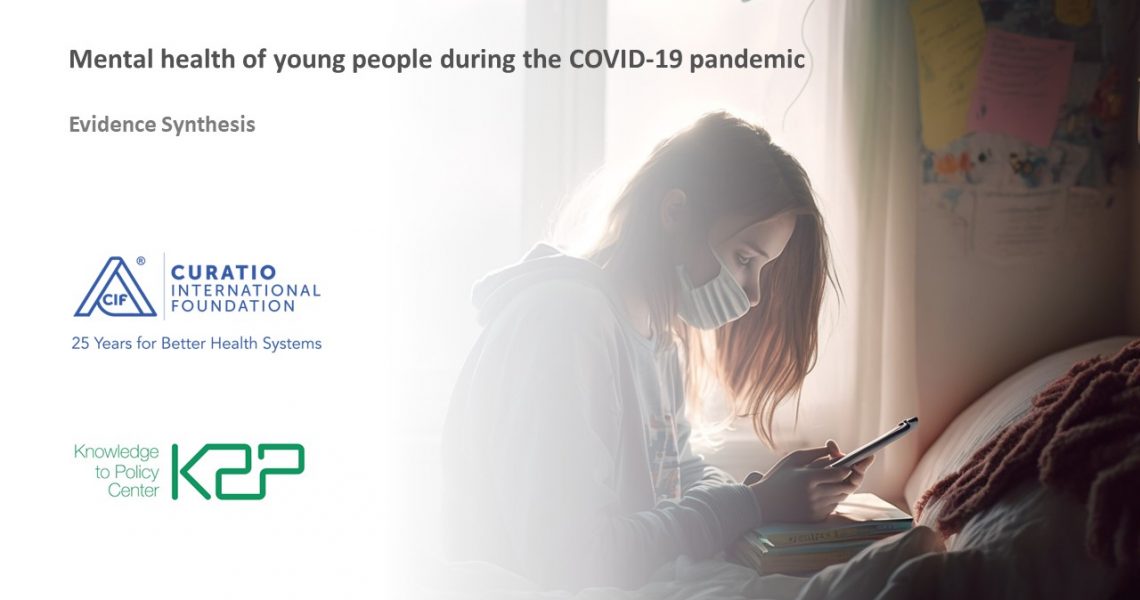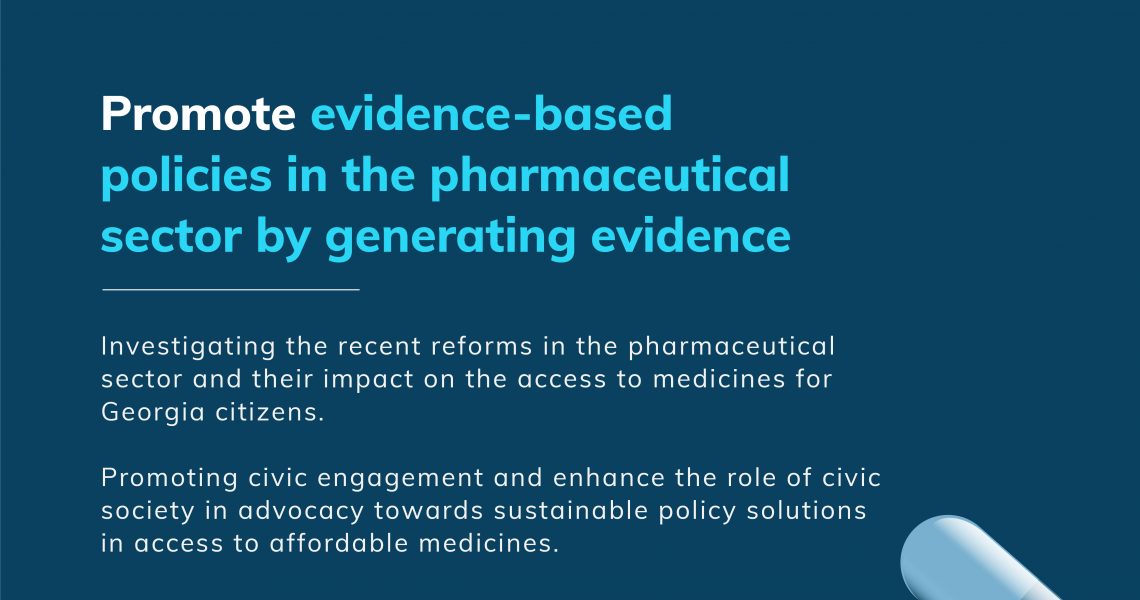Search Results for ""

Report on Rehabilitation Service Costing and Budgeting
The Inclusive Development Hub of USAID’s Bureau for Development, Democracy, and Innovation has partnered with the Accelerator to support countries in strengthening and integrating rehabilitation services in the health systems.

Mental health of young people during the COVID-19 pandemic
The COVID-19 pandemic has taken its toll on the mental health and wellbeing of the population globally. Even two years after the COVID-19 Pandemic breakout, the impact on the mental health of populations globally, particularly children and young people, is evident and dramatic.
Akaki Zoidze MD, Expert in Health Policy and Systems
Tamar Gotsadze MD, PHD
Alisa Tsuladze, Project officer/Researcher
Marina Mchedlishvili, Chief Accountant, PhD in Technical Sciences, Full Member of Georgian Federation of Professional Accountants and Auditors
Ana Chubinishvili, Project Assistant
Mari Tvaliashvili, Researcher
Salome Mikadze, Administrative Assistant

Promote evidence-based policies in the pharmaceutical sector by generating evidence
The project will achieve the aim through two objectives: Investigate the recent reforms in the pharmaceutical sector and their impact on the access to medicines for Georgia citizens.
Promote civic engagement and enhance the role of civic society in advocacy towards sustainable policy solutions in access to affordable medicines.
